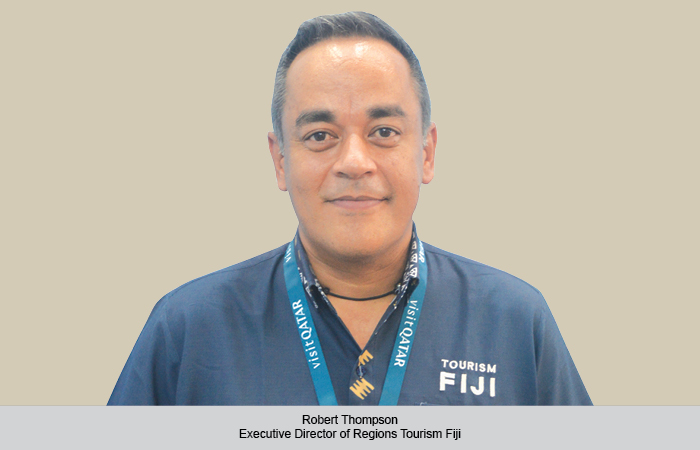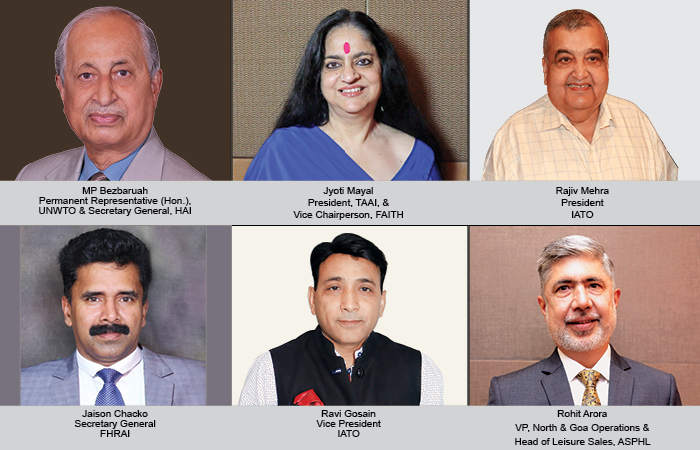
Speaking at the webinar, TeunKees, Director, Benelux TMC, claimed that while the COVID-19 situation in the Benelux region (Belgium, the Netherlands, Luxembourg) is quite similar to that of Germany, the Dutch are big on saving. “Being Dutch, we started saving ever since the crisis started and in the four months since, we’ve saved 25 million Euros extra, and the same was the case with the economic crisis. Year 2020 was expected to be a big year of expenditure on cars, holidays and everything else, which has now shrunk to almost zero in terms of long-haul travel. Hence, we expect huge expenditure when COVID-19 subsides,” he said.
They have been setting up recovery strategies, and have also seen some sectors performing better than others. “Domestic travel is booming, car holidays where you are not dependent on trains or planes are also popular. We also did a small survey and we saw some trust returning, but mainly focused on European travel. Safety and hygiene are extremely important,” he shared.
Way forward
Taking the presentation further, Susan van Egmond, CEO & Director, Benelux TMC, shared that operators believe that they will be back in business if there is a vaccine available and that travel will rebound very fast as demand is still there. “Hence, to cope with such circumstances, we need to work on clear procedures. This means that every airport and port needs to apply the same rules. For example, in India, Goa and Mumbai should have the same rules. The operators also indicated from experience that when you decide to open borders, it’s important to open them for a certain period and there is a need to indicate when travel will start, because people want to be sure that they get home. Whenever a country plans to open, they need to start promoting and being clear in the procedures two months in advance. Generally, the period between promotions, actual booking and actual travel is at least 6 months for a long-haul trip,” she said.
The European way of travel is popular because one can just get into a car and be sure to be back. Egmond added, “Flexibility is a super trend, hence, cancellation policies should be the same. For example, international airlines allow cancellation, but on domestic tickets, no rebound is there post cancellation. For those in the travel business, this has a lot of effect on money flow. Hence, people are hesitant when changes to travel advisories occur and fear whether they will get their money back.
In the Netherlands, we have a voucher system in place, where one gets a voucher on cancellation and they can rebook something else with the same voucher. Most of the long-haul tour operators have said that about 60-80 per cent of their bookings in 2020 are rebooked already before 2021. Let’s hope all borders open and those trips happen,” she shared. In fact, she added that a lot of DMCs are preparing for the reopening and many are applying for WTTC’s COVID-free stamp, which means that they have in place the new safety and security protocols in every part of the journey.
 TravTalk India Online Magazine
TravTalk India Online Magazine




